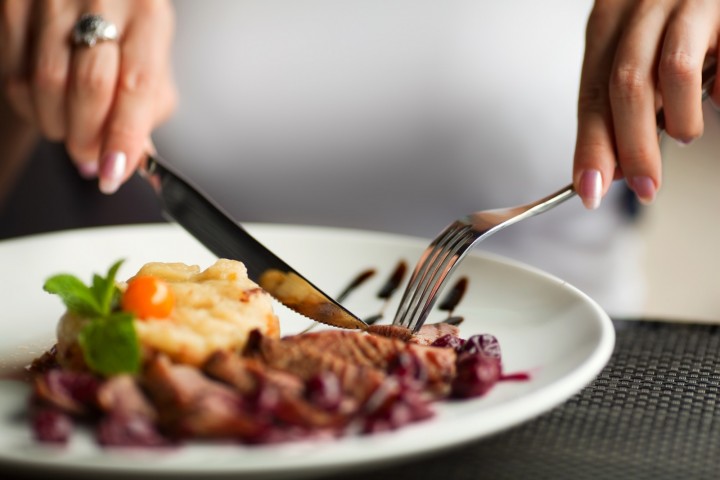
Photo: Wrangler – Fotolia
There are some women who believe that consuming the placenta can help curb postpartum depression, increase lactation and soothe pain. They argue that nearly all mammals consume the placenta, thereby identifying themselves with cows, camels and chipmunks. And also with celebrities, because some of them claim to have consumed their placenta and they endorsethe practice. However, neither the women who hold these beliefs nor the celebrities have conducted scientific research to validate their claims. On the other hand, according to scientists who have looked into the practice, women are tucking into their afterbirth fruitlessly. In fact, a bad taste in the mouth isn’t the only negative effect. Researchers warn that placenta, whether raw or cooked, in a smoothie or a stew, may actually cause harm.
Researchers from Northwestern University’s school of Medicine in the US conducted a review of 10 previously published research studies, and found that there has been no evidence in either human or animal research that consuming placenta provides any of the benefits mentioned above. Furthermore, it has no effect on bonding between mother and child, cannot enhance skin elasticity or replenish iron in the body.
In fact, scientists are worried that because placenta acts as a shield to protect the foetus against toxins by absorbing them, it may not be advisable to eat the organ. It could also pose a risk to an infant if the mother is breastfeeding.
“There are a lot of subjective reports from women who perceived benefits, but there hasn’t been any systematic research investigating the benefits or the risk of placenta ingestion. The studies on mice aren’t translatable into human benefits,” said corresponding study author Crystal Clark, who is assistant professor of psychiatry and behavioural sciences at Northwestern University Feinberg School of Medicine.
The researchers believe that otherwise health-conscious women willing to eat their own placenta are not thinking the consequence through. Just because something is associated with birth, does not translate into it having benefits or not having risks.
“Our sense is that women choosing placentophagy [the practice of consuming the placenta], who may otherwise be very careful about what they are putting into their bodies during pregnancy and nursing, are willing to ingest something without evidence of its benefits and, more importantly, of its potential risks to themselves and their nursing infants,” said lead author Cynthia Coyle, a Feinberg faculty member and a psychologist.
“There are no regulations as to how the placenta is stored and prepared, and the dosing is inconsistent. Women really don’t know what they are ingesting,” Coyle said.
Is this information relevant to Indian women? Has any woman in India ever consumed her placenta? There is no research into how common the practice of consuming the placenta is in India. There is no research to tell us whether it is consumed raw or cooked up, whether it is baked in a tandoor or fried up in a tadka. However, we bring you this information just in case you or someone you know wants to take home anything else besides a baby from the birthing room. Take the baby, leave the placenta.
Share your thoughts, leave a comment below. Please like FamiLife’s page on Facebook so that you get all our articles and others may find us.
The Northwestern Medicine study has been published in Archives of Women’s Mental Health.
